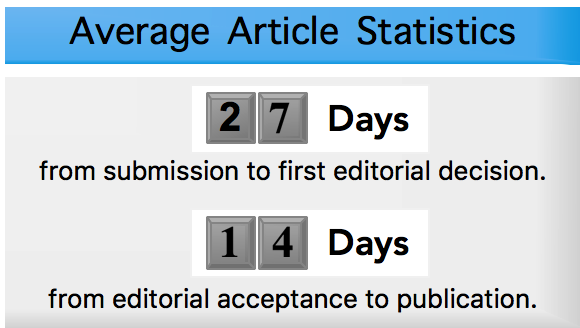Downloads
Abstract
By using water as a solvent, copper nanoparticles (CuNPs) have been synthesized from copper sulfate via chemical reduction method in the presence of trisodium citrate dispersant and polyvinylpyrrolidone (PVP) as capping agent. The effects of the experimental parameters such as the concentration of reducing agent (NaBH4), reaction temperature, molar ratio of citrate/Cu2+ and weight percentage ratios of Cu2+/PVP on the CuNP sizes were studied. The size of CuNPs in a range of 31 nm was obtained at NaBH4 concentration of 0.2 M, 50oC, citrate/Cu2+ molar ratio of 1.0 and Cu2+/PVP weight percentage of 5%. The colloidal CuNPs were characterized by using UV–Visible spectroscopy, transmission electron microscopy (TEM), and X-ray diffraction (XRD) techniques. The colloidal solution of CuNPs (3±1 nm) was investigated the potential against Phytophthora spp. which cause economically crop diseases. Under in vitro test conditions, the inhibition of Phytophthora spp. mycelia growth at three concentrations of CuNPs (10, 20, 30 ppm) after 48 hours are 90.18%, 91.87% and 100%, respectively. These results provided a simple and economical method to develop the CuNPs-based-fungicide.
Issue: Vol 2 No 6 (2018)
Page No.: 48-56
Published: Sep 17, 2019
Section: Original Research
DOI: https://doi.org/10.32508/stdjns.v2i6.843
Download PDF = 508 times
Total = 508 times

 Open Access
Open Access 








